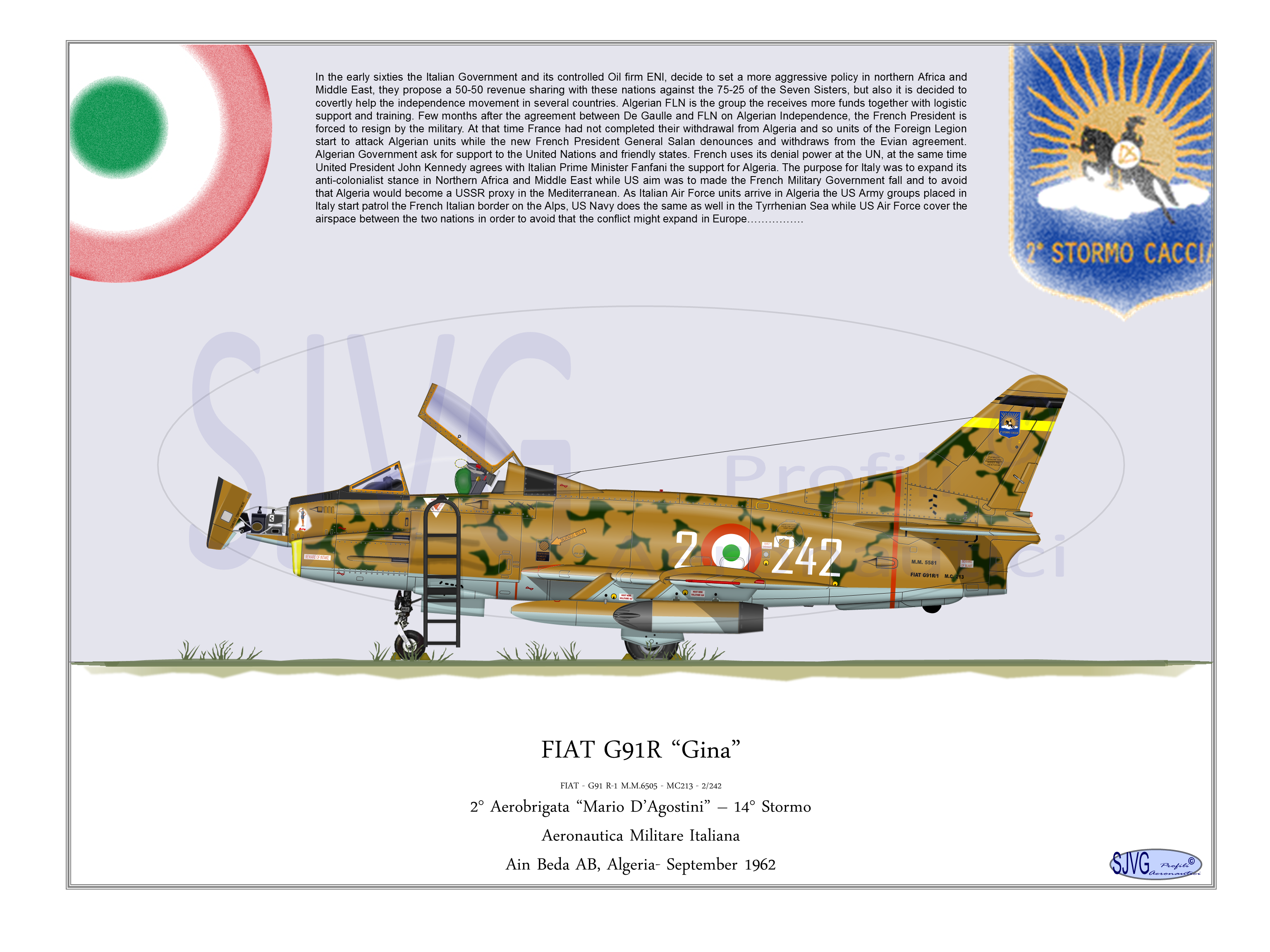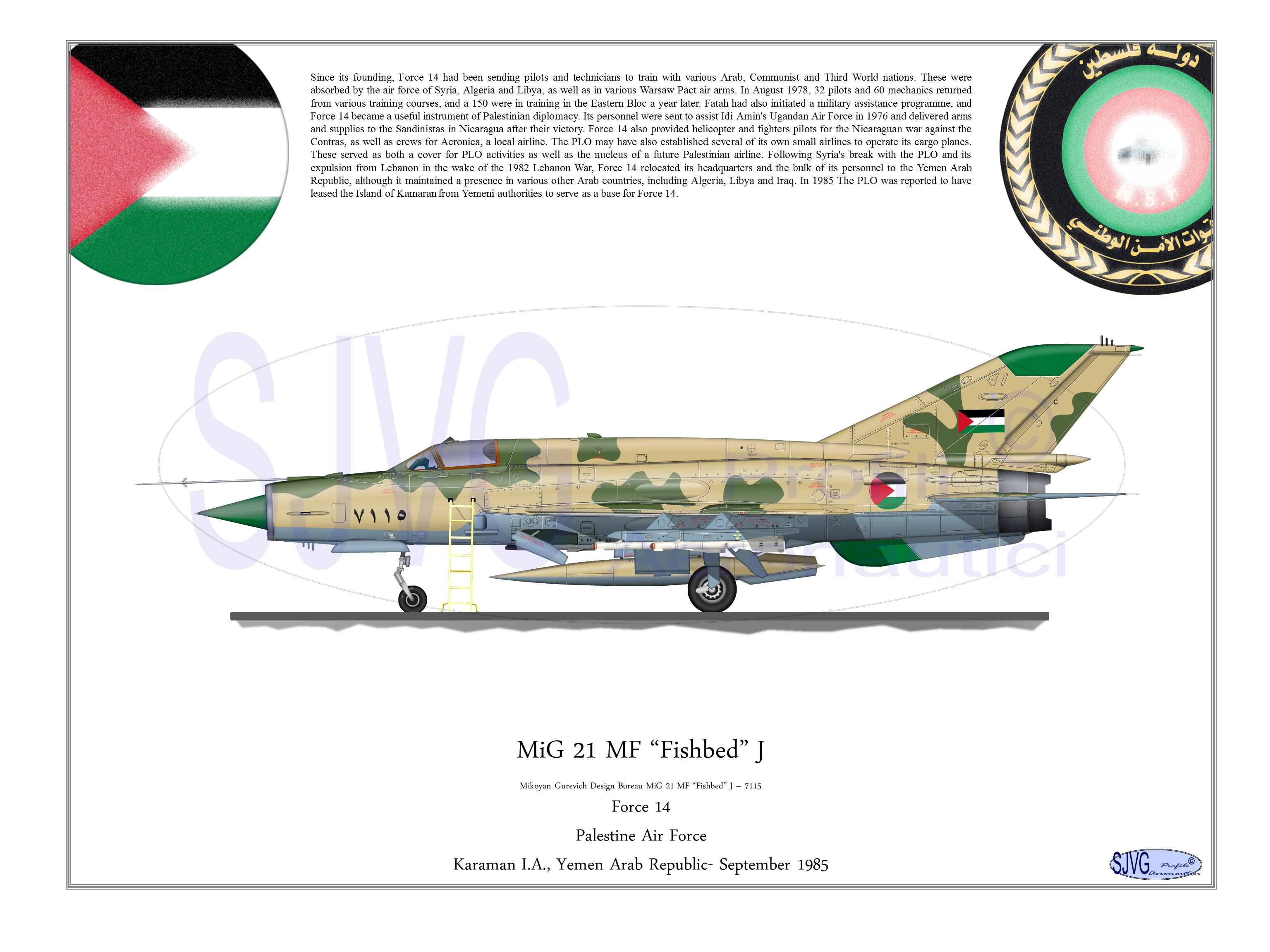In the early sixties the Italian Government and its controlled Oil firm ENI, decide to set a more aggressive policy in northern Africa and Middle East, they propose a 50-50 revenue sharing with these nations against the 75-25 of the Seven Sisters, but also it is decided to covertly help the independence movement in several countries. Algerian FLN is the group the receives more funds together with logistic support and training. Few months after the agreement between De Gaulle and FLN on Algerian Independence, the French President is forced to resign by the military. At that time France had not completed their withdrawal from Algeria and so units of the Foreign Legion start to attack Algerian units while the new French President General Salan denounces and withdraws from the Evian agreement. Algerian Government ask for support to the United Nations and friendly states. French uses its denial power at the UN, at the same time United President John Kennedy agrees with Italian Prime Minister Fanfani the support for Algeria. The purpose for Italy was to expand its anti-colonialist stance in Northern Africa and Middle East while US aim was to made the French Military Government fall and to avoid that Algeria would become a USSR proxy in the Mediterranean. As Italian Air Force units arrive in Algeria the US Army groups placed in Italy start patrol the French Italian border on the Alps, US Navy does the same as well in the Tyrrhenian Sea while US Air Force cover the airspace between the two nations in order to avoid that the conflict might expand in Europe…………….

Since its founding, Force 14 had been sending pilots and technicians to train with various Arab, Communist and Third World nations. These were absorbed by the air force of Syria, Algeria and Libya, as well as in various Warsaw Pact air arms. In August 1978, 32 pilots and 60 mechanics returned from various training courses, and a 150 were in training in the Eastern Bloc a year later. Fatah had also initiated a military assistance programme, and Force 14 became a useful instrument of Palestinian diplomacy. Its personnel were sent to assist Idi Amin's Ugandan Air Force in 1976 and delivered arms and supplies to the Sandinistas in Nicaragua after their victory. Force 14 also provided helicopter and fighters pilots for the Nicaraguan war against the Contras, as well as crews for Aeronica, a local airline. The PLO may have also established several of its own small airlines to operate its cargo planes. These served as both a cover for PLO activities as well as the nucleus of a future Palestinian airline. Following Syria's break with the PLO and its expulsion from Lebanon in the wake of the 1982 Lebanon War, Force 14 relocated its headquarters and the bulk of its personnel to the Yemen Arab Republic, although it maintained a presence in various other Arab countries, including Algeria, Libya and Iraq. In 1985 The PLO was reported to have leased the Island of Kamaran from Yemeni authorities to serve as a base for Force 14.

Regards